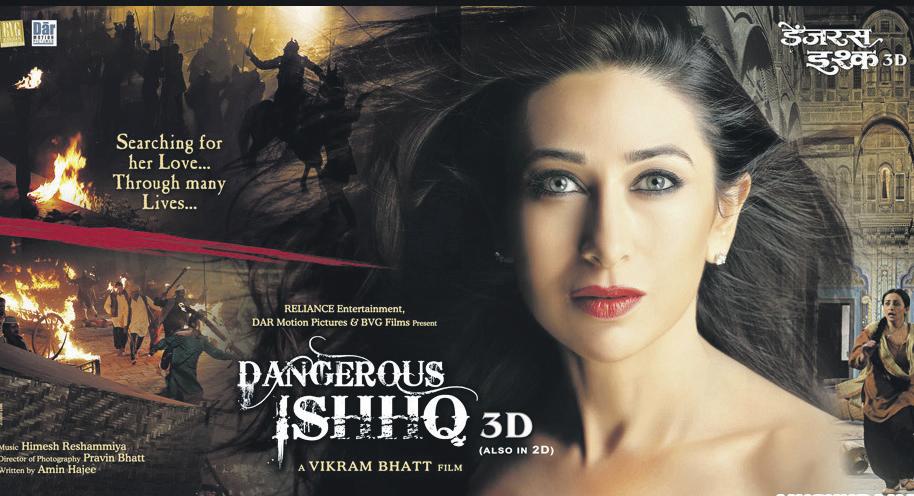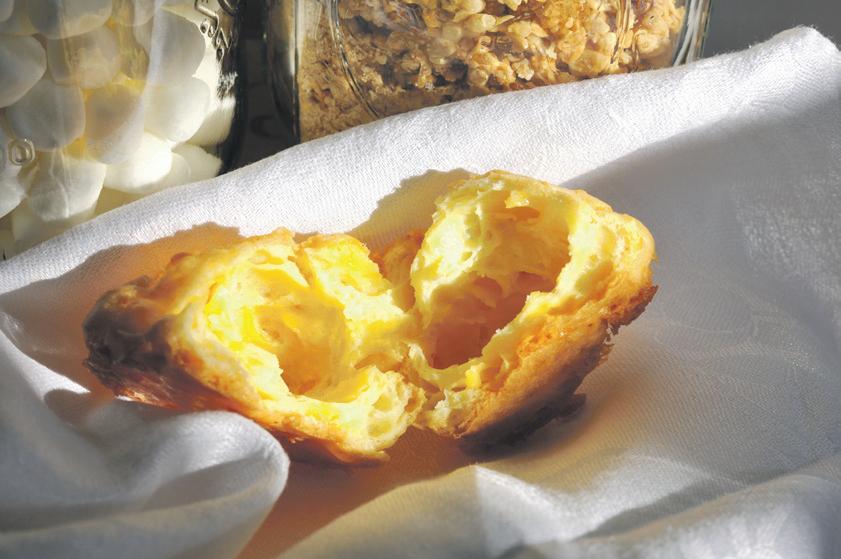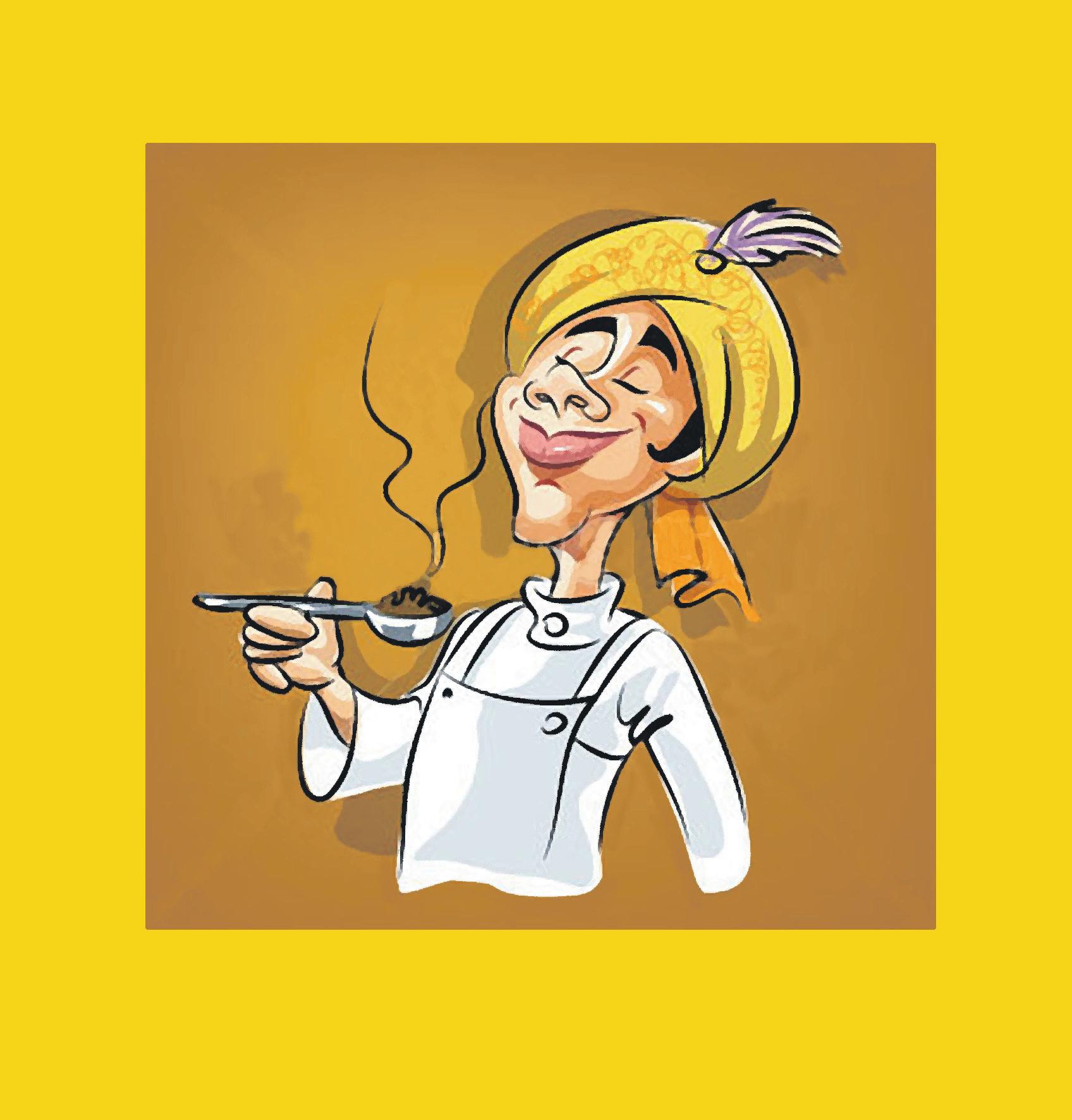
5 minute read
choosing a chef
from 2012-06 Sydney (1)
by Indian Link
When one has no culinary inclination whatsoever, there’s a simple solution to delicious meals
equipment. There were diplomas and degrees available to students wanting to take cooking courses.
BY RANI JHALA
She came from a society where women served two purposes – producing the next generation and preparing the next meal. Her great-grandmother did it, her nana did it and her mum did it. As a child, Anita had decided that she was not going to follow either of these traditions.
And she was proud of the fact that she had reached the ripe old age of twenty-five without creating one single dish. Apart from making coffee and heating up pre-packaged food, her only other skill in the kitchen was making toast. In an age when everything was easily available in the supermarket, it was not hard to fulfil her promise.
When she got her dream job as a book reviewer, Anita wrote and maintained the Books 2 Read section of the city’s fortnightly woman’s magazine. She reviewed books from different genres, carefully selecting them from the thousands released each week, knowing that her articles guaranteed them a place on the best-sellers list. This power also placed an immense responsibility on her to give an honest and accurate review.
With the new trend in the entertainment industry of reality shows, it was but natural that these shows would have an impact on the publishing industry. People were either writing memoirs or taking out books in their line of expertise. Gardening, renovations and cookbooks were the most popular of lifestyle books.
Answering a need, Anita found herself seated at the live recording of a reality cooking show.
Yes! A cooking show! She was only there to interview the guest chef as he had recently released an interactive cookbook. It was a novel concept and her editor was determined that they get that first interview. In preparation for the article Anita had read up on a couple of cookbooks and even learnt a few basic cooking terms. She learnt that there were dictionaries that specialised in cookery terms. There were retailers solely dedicated to the sale of cooking utensils and
Anita could not believe that people enjoyed cooking so much that they took it as a subject.
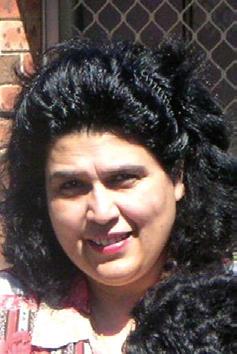
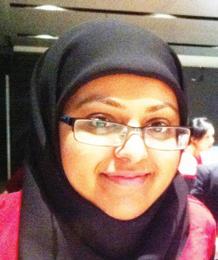
In the years between her childhood and now, ‘they’ had turned cooking into an art where everything had to be scientifically explained and precisely measured.
Anita thought back to her mother’s methods. It was a handful of this and a pinch of that. The food had to taste good. That was the gauge by which a cook was measured. These cookbooks spoke of calories and cholesterol. They categorised foods by the goodness in them, an alien thought for one who judged food on how it looked to the eye and tasted to the palate.
Anita even watched some televised cooking shows, but found herself switching off the television in frustration. How could anyone go so crazy over the freshness of fish, or the availability of a variety of mushroom or the smell of a spice? She wanted to scream back, “Get a life!”
She saw these shows as part of a lucrative business. A billion dollar industry that had been created around man’s natural need for nourishment! Everyone benefitted, from grocery stores to sellers of the produce but most of all, the sponsors. Their products were the first to be bought off the shelves.
Anita had to chuckle when she read how the chef believed that the emotional state of the person cooking greatly affected the outcome of the dish. She had tried so hard to convince her grandmother that this belief was mere superstition, created and spread by men, so that the women of the house felt it was their moral obligation to cook and maintain the mental wellbeing of the family. Here, decades later, man was propagating the same philosophy and the 21st century woman was buying it all over again.
Now seated in the studio, Anita watched with amusement as people rushed around ensuring that all was in working order. The ovens were tested, the ingredients checked and kept ready for the chef to use. Prepared samples of the dish at various stages of cooking were kept ready under the counter, just in case the original did not work out. The contestants were given last minute briefings while the hosts walked through the studio, familiarising themselves with everything.
The recording started on time. The hosts introduced the remaining contestants and then welcomed the guest chef, Nick Sharlie. While everyone watched Nick enter, Anita watched the contestants. They were awed. The sheer joy of meeting this chef was clearly visible on their faces. He was like a God to them.
“You have to be kidding!”, Anita thought to herself. “For heaven’s sake, he’s just a cook!”
When she turned to finally face the chef, it was her turn to take a deep breath. She had seen his photograph on the book cover, but now standing in front of her was a very good looking man in his thirties. Dressed in dark jeans and a white T-shirt, he spoke in an articulate manner. Anita could not dismiss his looks, but what got her interest, was the love he had for a task that she so abhorred. He was truly enjoying deboning a fish, dicing onions and crushing garlic. He was like a man in love. So totally in love with his cooking, that it showed in his eyes. She had seen that same look in a nun’s eyes as she spoke of her calling, during one of her previous interviews. Anita smiled to herself. What a waste, to show all that emotion for a mere culinary skill. At that very moment, Nick looked up and straight at her, and his eyes showed that he had read her thoughts. The next moment, he turned his attention to the dish in front of him and was once again lost to his art.
Once his recording was over,
Nick’s manager brought him over for the interview, which she conducted at the café nearby. She learned that he had always loved cooking. His grandma has been his inspiration. His prized possession was a family journal with his grandma’s recipes. He had been bullied for opting to taking cooking as an elective in school. That he did not believe the kitchen was either a man’s or woman’s domain, rather it was a shrine for the one who recognised its worth. That every dish he prepared could be made by anyone and that experience gives the confidence to create variations. And that it was this view that inspired his latest project - an online interactive website. Every day, he would put up basic recipe and his subscribers were requested to try variations and post them if they were successful. He picked the best one each day and these were compiled into a monthly cookbook. And he guaranteed that he could bring out the cook in her.
It was here that Anita asked her last question, “What if one honestly and truly does not like to cook. What if one, really does not want to be a chef?”
And Nick replied, “I can’t speak for others, but if ‘you’ don’t want to be a chef, the answer is very simple…” Then a moment later he added, “You must marry one!”
Eight months later at their wedding, she had to laugh when she overheard the conversation between her grandmother and Nick. She was taking down his grandmother’s prized recipes.
Anita had to chuckle when she read how the chef believed that the emotional state of the person cooking greatly affected the outcome of the dish.
He did not believe the kitchen was either a man’s or woman’s domain, rather it was a shrine for the one who recognised its worth.





